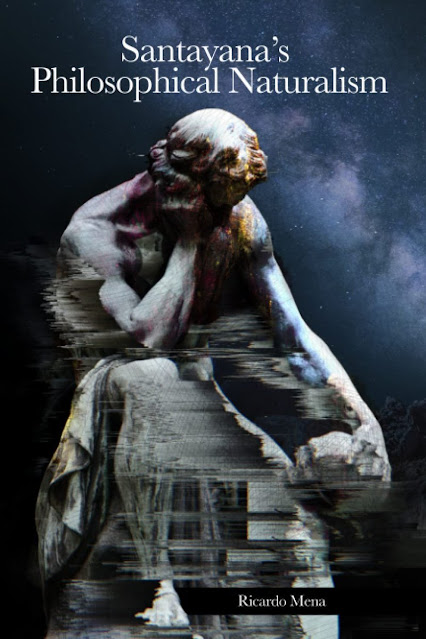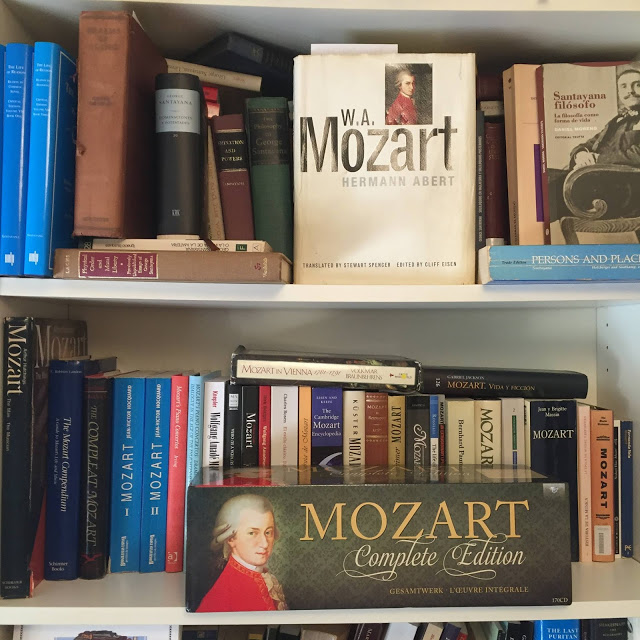Santayana’s Philosophical Naturalism, §1.
 |
Key Ideas
—God is perfection, love, excellence (Paragraph 1).
—If God is power, blind, brute power, pantheism (Paragraph 2).
—Santayana’s philosophy is a lay religion of loving
the love in others, in other places, times, animals (Paragraph 3).
—Santayana’s philosophy is ‘Epicurean humanism’ (Paragraph 3).
It is high time I start commenting the selections made in my book Santayana’s Philosophical Naturalism: Santayana’s Philosophical Corpus Annotated (Málaga: Independently Published, 2022; from now on, SPN). Let’s do it.
§1 Lotze’s aesthetic and religious instinct has led him
here to avoid the rash enthusiasm of those theologians
who so magnify their conceptions as to make
them formless. A God that accomplishes literally
everything no longer has a definite function in nature:
He is no longer a power that makes for righteousness;
and although we may continue to use His name,
we shall use it in vain, and the world will with perfect
justice call us atheists. This is notoriously the case
with Spinoza, and all pantheism has the same tendency.
1. This first thought from 1889, Santayana’s thesis, already shows the main lines of Santayana’s thought: religion, God, the good, the bad, ethics, morality, and Spinoza. The selection focuses on what a God is supposed to be, for a God is supposed to be the most excellent part of a human being, not just the most powerful thing in the universe. In that case, that God is equated with the universe itself, and then we would be having the idea that the universe is God: pantheism.
2. With pantheism Santayana had a long relationship. As one can see in SPN, at first Santayana thinks well of it, but the final thoughts about it show antipathy. He says that it is better to be human than to be sublime, as Spinoza shows to be when adoring power instead of goodness. In Santayana religion stands for goodness, not for power. You can call his religion ‘atheist’, but he is still adoring the right object: the good, not the power of things. For Santayana, matter is not adorable. Matter is the basis from which the rest of things come, but one does not love or adore power (strangely, in the last book published in his life (1952), he wrote that he had loved matter in his life).
3. This is a central thought in Santayana that we will see all through the selections, so that you should keep it in mind. Santayana is a materialist, a naturalist who loves the good that comes from matter; he does not love matter. He is pious, he respects matter, power, the blind power of matter, but he always keeps his human decency and sense of justice, so that he never adores that power as a worthy object of adoration or love. He is pious, but not religious about power. He is religious about the good that comes from that power. His is a lay religion. He calls his perspective on existence ‘Epicurean humanism’ (cf. §821).
On and on till the final Dragon...


Comments
Post a Comment